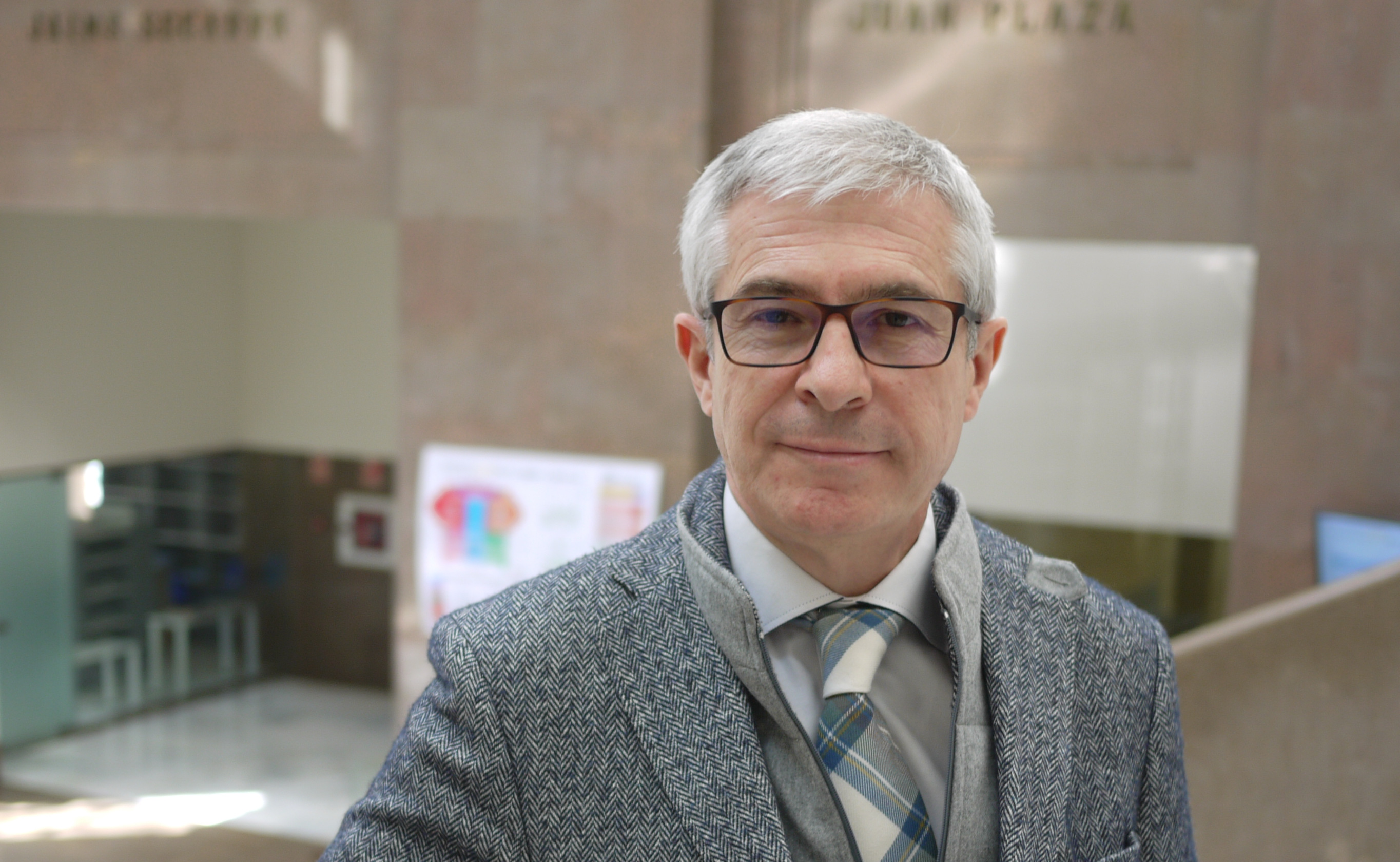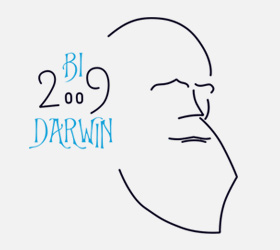
The University of Valencia leads Focus, a European project with a budget of €2.4 million until 2018, whose aim is to increase by two years life expectancy in the European Union over the coming decade and to create the first Community-wide map of fragility to improve the quality of the population’s ageing process.
The initiative, 60% funded by the third EU Health Programme and managed by the Consumers, Health, Agriculture and Food Executive Agency (Chafea), is coordinated by Professor Antonio Cano from the Department of Pediatrics, Obstetrics and Gynecology of the University of Valencia and involves nine groups from six countries among which there are several universities – Aston University (UK), Wroclaw Medical University (Poland), University of Aveiro (Portugal) and the Nursing School of Coimbra (Portugal); research centres – Roessingh Research and Development BV (Netherlands), IRCCS Ca 'Granda–Ospedale Maggiore Policlinico Hospital Foundation (Italy), Mario Negri Institute for Pharmacological Research (Italy); and companies – Everis Spain SL and Estudios de Software Avanzado y Mantenimiento de Tecnología SL.
Professor Antonio Cano, also head of the service for his area of expertise at Valencia University Hospital, claims that the European project Focus pursues collaboration between various action groups and the European Innovation Partnership on Active and Healthy Ageing (EIPAHA), since this Community platform is broadly represented by teams working on fragility.
"Our goal is to create mechanisms to be ahead of vulnerability to illness, or even of death", explains Cano. Frailty, a recent concept in the area of health, refers to a state of weakness both against infections and against chronic cardiovascular, central nervous system or skeletal diseases, which "may become a prelude to death", adds the researcher.
In fact, the Focus project is intended to look for substantiated quality indicators that can be used as references for the different population groups – taking account of both health and economic, cultural and geographical variables – and to promote lifestyles with less fragility in order to prevent non-communicable (i.e., non-transmissible) chronic illnesses. Furthermore, according to Professor Cano, "we also want to have a bearing on health managers, patients’ associations, sufferers, etc."
INNOVATION FOR HEALTH SYSTEMS
According to the technical director of the European Projects Office at the University of Valencia, Àngels Sanchis, Focus is contributing to 'active and healthy ageing', one of the explicit objectives of the European Innovation Partnership on Active and Healthy Ageing, with a view to identifying interventions that can extend healthy life by two years in Europe by 2020, following the motto 'More years, better lives'.
Sanchis highlights the impact of Focus, for the fact that it deals with population ageing, "one of the social concerns in the European Union". In addition, "we hope that this research will lead to innovative, efficient and sustainable health care systems through the exchange of best practices, the use of existing data and strategies, the implementation of prevention programmes, the early diagnosis and the optimal management of patients", she concludes.
HIGHER LONGEVITY IN SOUTHERN EUROPE
The European project Focus will be organised into three main lines of action. First, there will be a phase of collection of information in order to establish standardised indicators. This will be followed by a sampling and an analysis of the needs of those affected by fragility, but also of the role that patients, doctors, social partners and political structures must play. And finally, the project will define actions to increase life expectancy in Europe by two years and will draw the first map of fragility in the European Union.
Focus will prepare clinical practice guides tailored to each environment in the European Union, according to various areas and taking into account, for example, that southern European countries (Spain, Portugal and Italy) have longer lifespans. Additionally, "we will create a user-friendly technological platform to collect useful data for researchers and health managers", says the professor.
Antonio Cano Sánchez is professor of Obstetrics and Gynecology and head of the service for his area of expertise at Valencia University Hospital. He directs the Master’s Degree in Human Reproduction and his main interest is gynecological endocrinology. He is the author of several national and international books and articles and is associate editor of the journal Gynecologic and Obstetric Investigation. Cano studied Medicine at the University of Valencia, while he enjoyed a scholarship from the San Joan de Ribera Hall of Residence. He completed his PhD at the University of Bologna (Italy), as a grant holder from the Royal Spanish College. He was also a postdoctoral scholar of the British Council-Ministry of Education at the Imperial Cancer Research Fund (now Cancer Research UK) in London. Since then, he leads a research group working on the action of hormones in various medical fields, such as osteoporosis, breasts or the cardiovascular system.
Images:



















